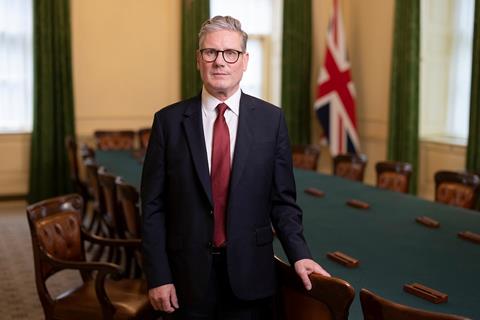
It was wall-to-wall trade deal talk yesterday, with US president Donald Trump calling the US-UK agreement “comprehensive”, despite it clearly being anything but, with The Independent describing the deal as ‘putting lipstick on a pig’.
Rather than the free trade deal hoped for by many, PM Keir Starmer simply managed to carve out some relief from Trump’s sweeping levies, as the BBC made clear, pointing out that the agreement had simply ”reversed or cut some of those tariffs on specific goods”.
Conversations around a wider trade agreement will continue, particularly around key agricultural issues – although crucially the UK government has said there will be no weakening of UK food standards on imports. The Grocer reported on the story in some depth, emphasising that the government is drawing a ‘red line’ on importing hormone beef and chlorinated chicken.
Reuters reported that Britain’s farmers gave the economic deal a mixed reception, welcoming British food standards on US imports and reciprocal market access for beef, while also flagging concern over bioethanol targets being removed.
The BBC, meanwhile, said the “key diplomatic win” from the deal is the fact that it leaves the UK open to do a full EU deal instead.
Such was the interest in the trade deals that you could be forgiven for missing the cut in UK interest rates, down to 4.25% from 4.5%, with the governor of the Bank of England Andrew Bailey hinting that could come down even further in the future, although he would not be drawn on how much or how soon.
The reduction in rates is expected to bring a boost to business, according to The Independent, as the bank warned that the global trade war would have a knock-on effect on the UK’s economic growth over the next three years.
Over at The Telegraph, it was reported that Bailey explicitly warned that the US deal will not be enough to save Britain from the effects of a trade war.
Cyber hacking – or rather the fallout from cyber hacking – is still making headlines as the Co-op continues to struggle to get a hold on its IT systems. The Telegraph reported that the retailer has stopped ordering all but essential goods as it continues to battle the cyberattack, with store deliveries halted as the stores run low on fresh and frozen produce, as seen in The Grocer.
The head of the UK’s cyber security agency told ITV that M&S, the Co-op and Harrods should all resist the financial demands made on them by the hackers.
“Our advice is organisations shouldn’t pay ransoms,” Dr Richard Horne told the news channel.
“If [companies] pay because they hope the ransom attackers won’t publish information, well, they need to know that all they’ve got is a criminal’s word for it. And if they pay to recover their systems, well, they should have recovery plans in place so they can recover their systems anyway.”
Food giant Kraft Heinz, owner of coffee brand Maxwell House, has asked coffee suppliers to hold off on introducing any price increases as a result of Trump’s tariffs, according to a document seen by Reuters.
The US-based company asked suppliers to give 60 days’ notice before hiking prices, to do so only if the tariffs are permanent and to immediately reverse the increase if they are removed. The move, Reuters said, underscores “the struggle US companies face to contain the fallout from Trump’s erratic and punitive trade policies”.
It’s more bad news for farmers as well, as The Guardian warns that crops are already failing in England because of drought conditions, as the Environment Agency recommends rationing water following the UK’s driest start to spring in 69 years.
Crop production is expected to be hit, says the NFU, as it flags that farmers have had to start irrigating crops earlier than usual, with reservoir levels already low across some parts of the country.
The news that WeightWatchers has filed for bankruptcy in the US as it struggles to compete with the uptake in weight loss injectibles such as Ozempic, Mounjaro and Wegovy has been widely reported, as the 60-year-old brand failed to attract younger members or keep up with the latest diet fashions.
The global firm is looking to eliminate debts of around £860.6m.
Also against the backdrop of the UK-US trade deal, Sky News has taken the opportunity to explain exactly what chlorinated chicken is, why it’s banned in the UK and how the ban protects both farmers and consumers.
The argument behind the ban, it says, is that chlorination can cover up poor hygiene standards either in the rearing of chickens, or during the slaughter process itself.
Sound familar? The Grocer’s 2017 explainer of the issue – which was updated in 2020 – has been sitting near the top of our most-read list in recent weeks for a reason.
On the lighter side of things, The Guardian took a look at some of the more niche fmcg TV merch, including Last of Us mushroom coffee, Kevin Costner baked beans and Emily in Paris crêpes. Delicious.










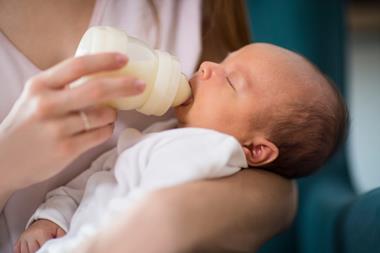
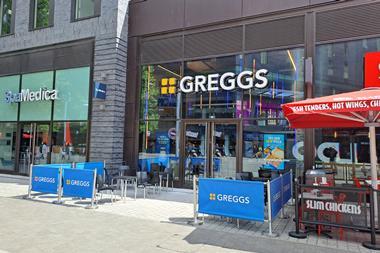





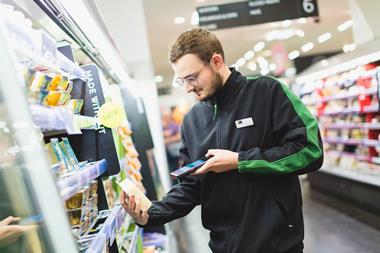
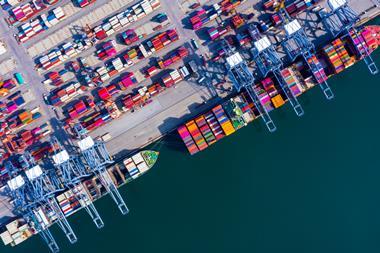
No comments yet